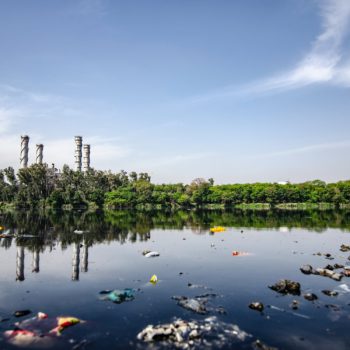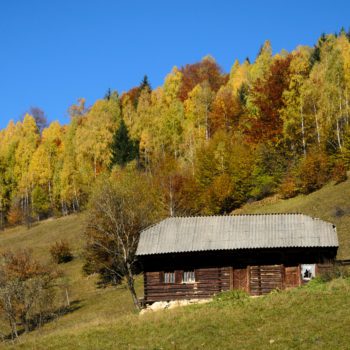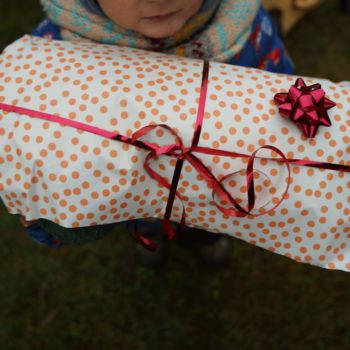|
|
Let’s turn Halloween into Hallogreen.
Pumpkins, candy wrappers and single-use costumes annually emit methane and fill dumpsters every November 1st. And every year, nothing changes.
A year of pandemic, however, poses a unique opportunity for an historically-wasteful holiday to make some improvements.
Busy? Try the speed read.
The current tradition:
- Lot’sa pumpkin picking: American farmers produce billions of pounds worth of pumpkin every year. When they end up in the garbage, they decompose in landfills and emit methane/
- Cheap costume wearing: Costumes from Big Retailers like Amazon and Wal-Mart use cheap materials and labor. Many people only wear their costumes once or twice before throwing it out.
- Kids candy eating: Candy sales are up 13% this year despite the pandemic. Candy wrappers are are often improperly disposed of, and many treats use harmful ingredients like palm oil (causes deforestation).
Proposed solutions for Hallogreen:
- If you’re going to buy a pumpkin, eat it (or let the squirrels eat it).
- Reuse, create or thrift a costume.
- Don’t eat candy because it’s basically corn starch with sugar and food dye. If you are sugar-crazed (not judging you), just make sure you dispose of it properly by checking for recycling labels and washing out food oils before throwing it in the blue bin.
Bottom line: Let’s use 2020 as an opportunity to reflect and reform wasteful traditions by making this October Hallogreen.
Dig deeper → 2 min
The Halloween tradition
-
Pumpkin picking
- Every year, American farmers produce well over a billion pounds of pumpkin. Supporting farmers and buying crops doesn’t sound too bad. But, most pumpkins end up in the trash, not your belly.
- And when they sit in landfills, they decompose and emit methane.
-
Costume wearing
- A Party City Halloween costume is made from cheap, unskilled labor in countries with poor labor laws, and most people only end up wearing it one time.
- Sorry for picking on a struggling Party City, but the same holds true for Amazon, Wal-Mart, and other big retailers.
-
Candy eating
- Billions of dollars worth of candy is sold every October. What’s wrong with a sweet treat?
- Candy packaging is difficult to recycle if not cleansed of food waste properly, and many treats use harmful ingredients like palm oil or gelatin that are linked to deforestation and animal cruelty.
- Surprisingly, Halloween candy sales are up 13 percent this year.
Proposed solutions for a Hallogreen
-
If you’re going to buy a pumpkin, eat it.
- An easy way to help with the ‘pumpkin problem’ is to eat what you purchase.
- If you make pumpkin pie, pumpkin beer, pumpkin spiced lattes, pumpkin cookies, pumpkin tempura, you aren’t just treating yourself, but you are preventing pounds of waste filling up landfills and emitting methane.
-
Reuse a costume, get thrifty, go vintage, get creative.
- Avoid Big Retailers if you or your child want to rock a costume this year.
- Grab some old clothes that were too big for you in 2007, cut up your sheets and make a cool costume with some paint or markers.
- Go to a local thrift shop and maximize the use of some out-of-style clothing.
-
Eat sweets responsibly.
- I try to avoid being a doom-and-gloomer when it comes to sustainability initiatives, but the whole candy thing extends beyond the Earth for me. It’s just plain bad for you.
- Read the back of a Swedish Fish wrapper and tell me what you think. It’s like not food, it’s just corn starch and sugar with food dye.
- Anyway, if you have a weird thing for candy (I know a lot of us do) and still want some this year, dispose of the packaging responsibly by washing out food oils and residue.
- Check the wrapper for the recycling label, and throw it in the blue bin.
You can have your cake and eat it too
Even with governors around the country trying to once again overextend their powers, underestimate the intelligence of the average American and cancel Halloween (oops, did I say that?), there’s a silver lining for this year’s unconventional celebration.
Let’s use 2020 as an opportunity to reflect and reform wasteful traditions by making this October Hallogreen.













No Comments